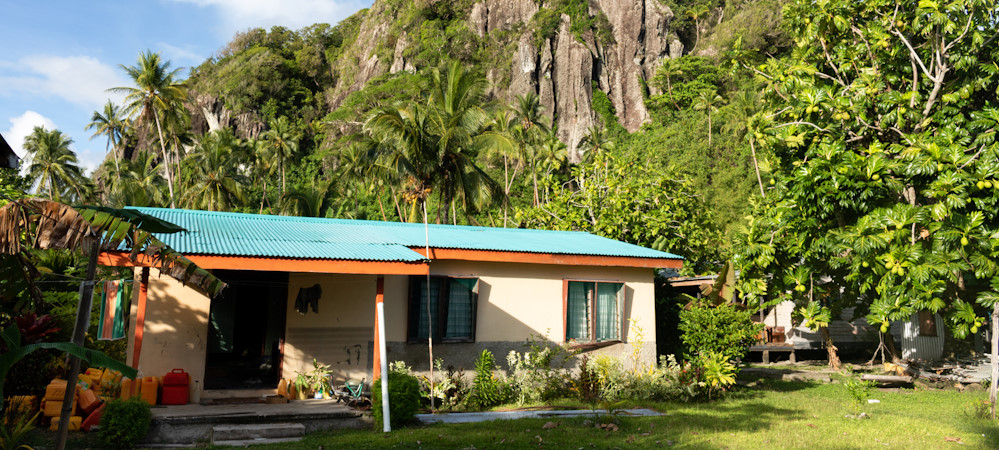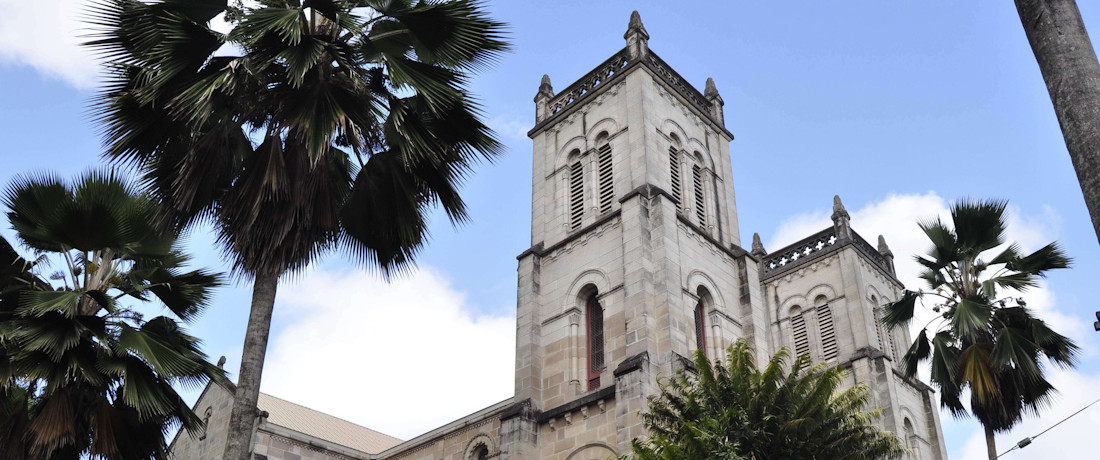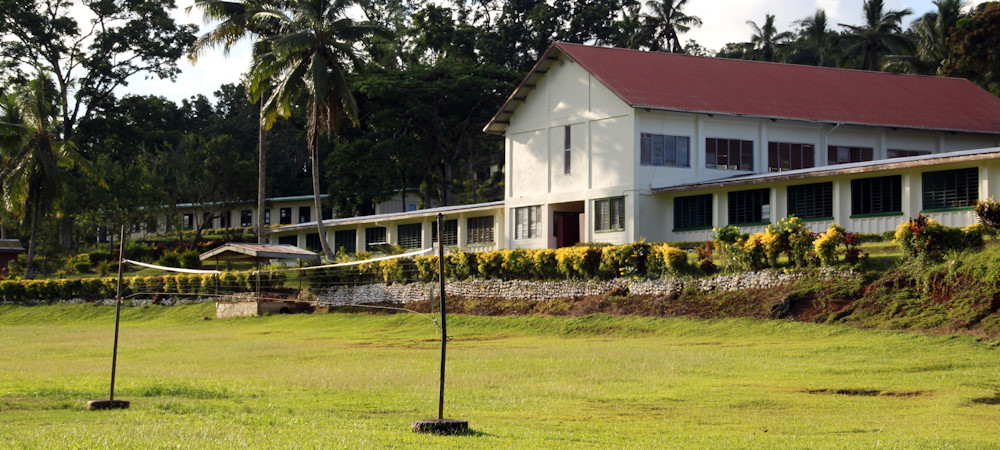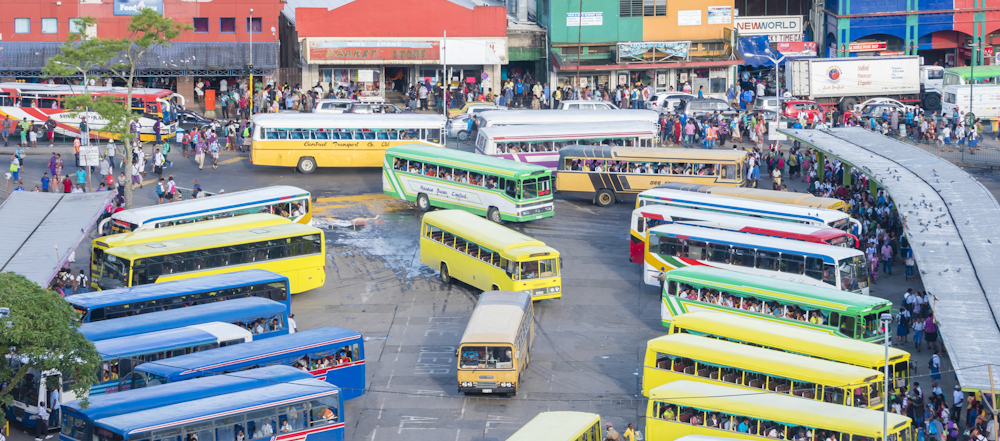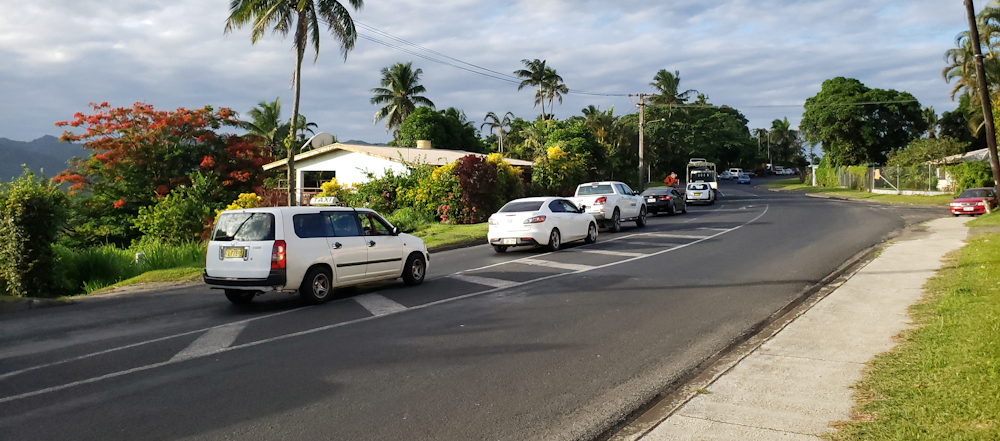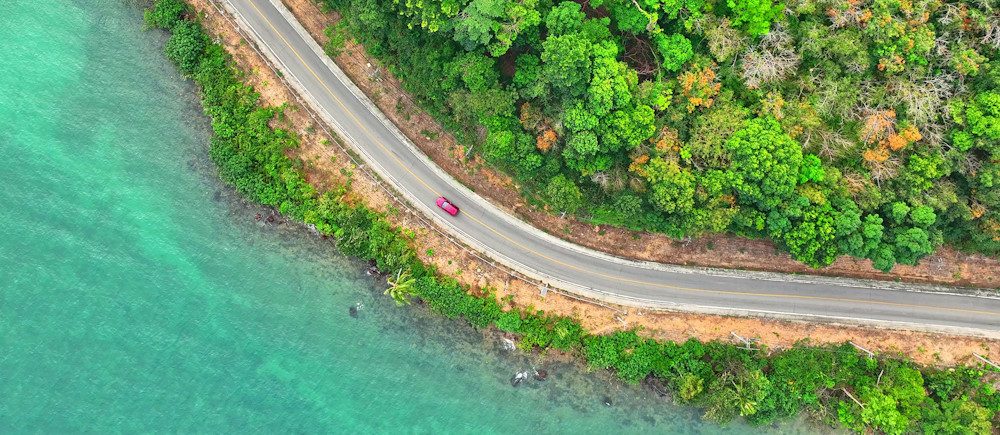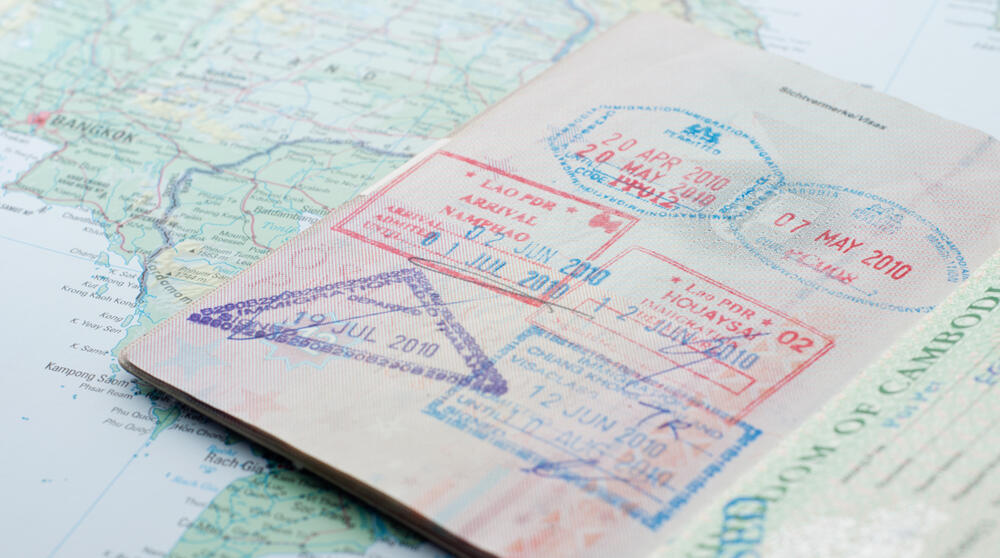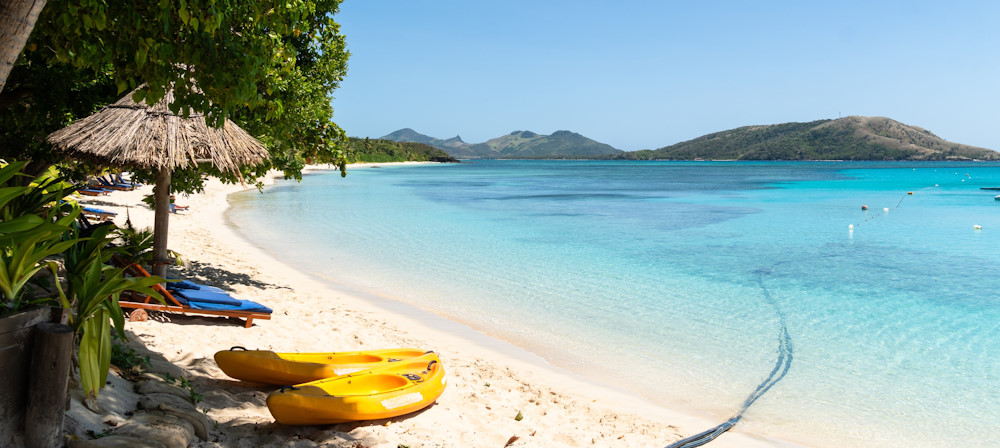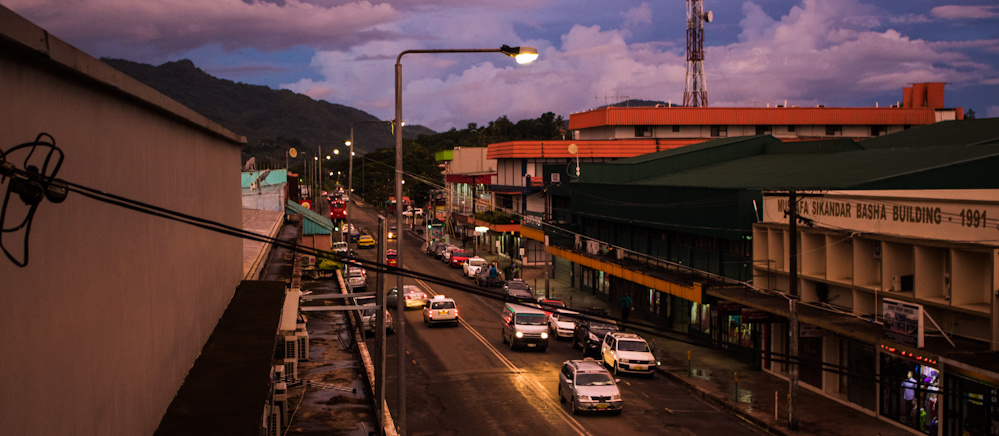Living in Fiji as an expat
Fiji is a stunning and idyllic Pacific island nation boasting pristine beaches, turquoise waters and lush greenery. A paradise for nature lovers, expats moving to Fiji will find the islands are a treasure trove of natural beauty. From coral reefs and white sand beaches to verdant rainforests and waterfalls, Fiji has plenty for expats to explore in their time here.
Working in Fiji
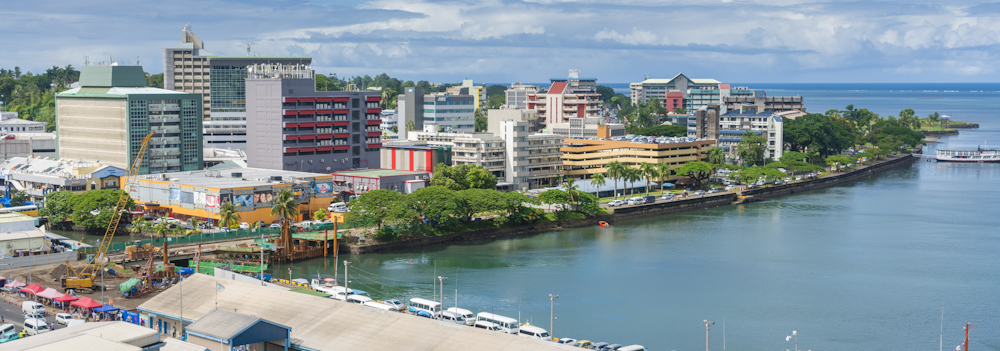
Most expats moving to Fiji do so to escape the rat race for a more laid-back lifestyle or to retire. That said, some industries are happy to hire expats, so there are job opportunities available in certain industries.
The tourism, finance and IT sectors are the biggest expat employers in Fiji, although it’s also a fantastic place to set up your own business, particularly if you’re interested in hospitality. It can be difficult for foreigners to get a work permit for Fiji, though, so potential expats should ensure they have their documentation ready before they move.
Most expat jobs are in Suva, Nadi or one of the many surrounding island resorts. There is also plenty for expats to see and do during their leisure time. Expats can head to the dozens of resorts sprinkled around Viti Levu, explore the island’s remote jungle interior, or travel to one of the smaller nearby islands. Many spend their weekends sailing, surfing or diving in the coral reefs.
Finding a Job in Fiji
Visas, Work Permits and Residence Permits for Fiji
Cost of living in Fiji
While the cost of living in Fiji is relatively low, expats should be careful when negotiating their salaries, as the costs of accommodation and education can quickly add up. Accommodation is pricey, especially if you’re moving in the high season, while expat parents will also need to budget for the cost of international schools in Fiji.
As an island nation, Fiji is reliant on imports of certain products. But if you stick to locally grown food and shop in season, you can save on grocery bills.
Fijian culture
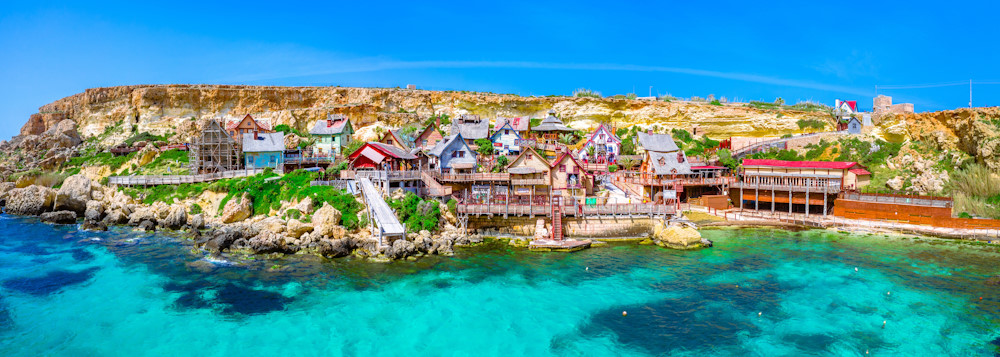
The kind and friendly nature of Fijian locals makes settling in here a great deal easier. They’re welcoming towards foreigners and always happy to lend a helping hand where needed.
That said, ‘island time’ is very much a reality here, and the slow pace of day-to-day life can be a struggle to adapt to for expats from countries where punctuality is valued. Here in Fiji, time is more flexible, and it’s quite normal for locals to be late for an appointment, whether for business or pleasure. It’s best to accept this fact and go with the flow as much as possible. In a professional setting, we recommend arriving timeously but waiting patiently for anyone who comes late.
Local Culture in Fiji
Business Culture in Fiji
Finding accommodation in Fiji
Most expats choose to live on Viti Levu, the largest island in Fiji, which is also the hub of commerce and government and home to the capital, Suva. Viti Levu offers a wide range of experiences, from bustling cities to quiet, secluded beaches and traditional Fijian villages, making it an attractive destination for expats looking for a unique cultural experience.
Expat accommodation in Suva and Nadi is relatively expensive because of the limited supply, so it often takes time for new arrivals to find suitable housing. Staying in short-term accommodation, rather than in a hotel, for your first few weeks in Fiji is a good way to get to know the island and its property market while you search for something more permanent.
Living in Fiji with children
Fiji is a wonderful place to raise a family and is rich with opportunities to explore and engage with nature. When it comes to being out and about with the family, Fiji has something for everyone. Most resorts have many activities to keep the little ones engaged while educating them about Fiji’s rich culture and traditions. Beach days, hikes, kayaking, and island hopping are some exhilarating pursuits expats can look forward to.
The quality of healthcare in Fiji can vary. Tourist areas like Suva and Nadi are home to Fiji’s best private hospitals. While these offer a good basic standard of healthcare, they have limitations in terms of their diagnostic, specialist and surgical abilities. It’s best to take out comprehensive health insurance that includes evacuation to hospitals in Australia or New Zealand.
Healthcare and Medical Insurance in Fiji
Finding a school in Fiji
Expat families moving to Fiji with children will find a few international schools in Suva and Nadi that teach foreign curricula. Most teach some variation of the British curriculum or the International Baccalaureate. English is the standard language of instruction at these schools. Spots are limited, though, so it’s best to start the application process as soon as possible to secure a place. Fees are high, and many expats find it helpful to ask their employer for a schooling allowance as part of their relocation package.
School and Education for Expats in Fiji
Getting around in Fiji
Public transport in Fiji is largely limited to buses, which tend to be crowded and noisy. We recommend opting for private means of transport instead. Driving in Fiji can be stressful, so hiring a local driver familiar with the islands is a good idea. Taxis are also available and are another good, albeit pricey, option.
Public Transport, Driver’s Licences and Driving in Fiji
Climate in Fiji
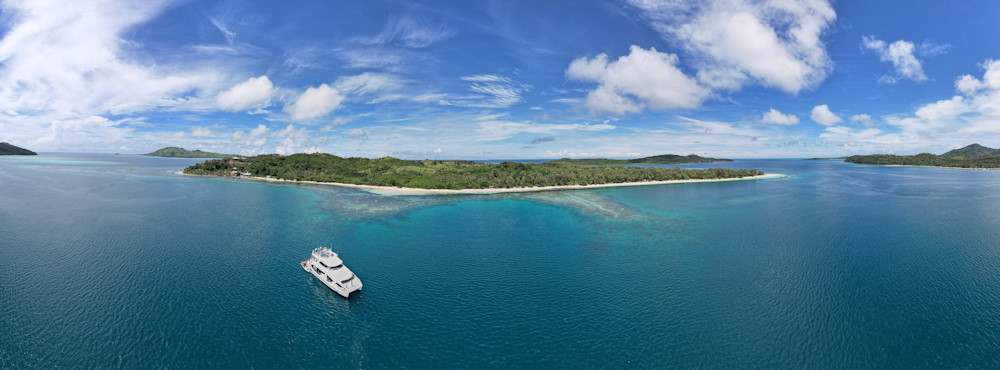
The climate in Fiji is tropical marine, characterised by the wet and dry seasons. Fortunately, the weather is typically warm throughout the year, and expats who enjoy time in the sun will find the climate here to be ideal for most of the year. Perhaps the only downside to living in this idyllic Pacific island country is the humidity and constant rain during the wet season, which can cause mould.
Although not perfect, Fiji has a lot to offer adventurous expats. Its unique mix of cultures, natural beauty and tropical lifestyle make it an incredible destination for those looking for something different and with a high quality of life.
Fast facts
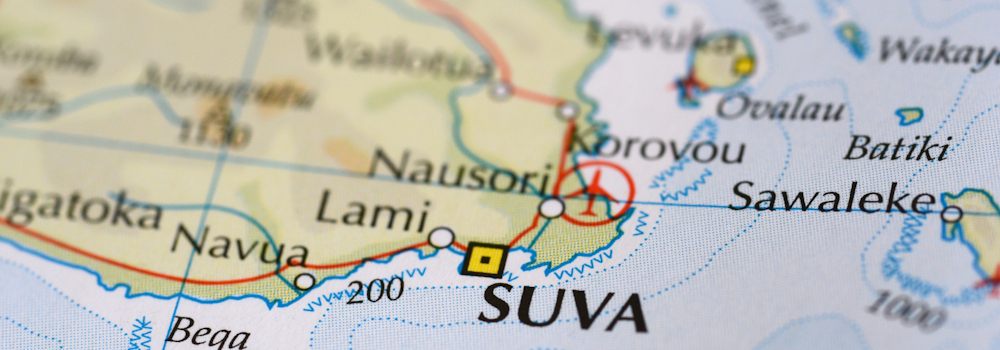
Full name: Republic of Fiji
Population: Approximately 930,000
Capital city: Suva
Neighbouring countries: As Fiji is in the South Pacific Ocean, it has no direct neighbours. The closest countries include New Zealand in the far south, Australia to the west and Papua New Guinea to the northwest.
Geography: Fiji consists of more than 300 islands, with only 100 inhabited. The islands are mountainous with thick tropical forests.
Political system: Unitary parliamentary constitutional republic
Major religions: Christianity, Hinduism and Islam
Main languages: English, Fijian and Fiji-Hindi
Money: The official currency is the Fijian Dollar (FJD), divided into 100 cents. Most expats use one of Fiji’s multinational banks. ATMs are readily available in the main cities, and credit cards are widely accepted in urban areas.
Tipping: Not expected but appreciated
Time: GMT+12 (GMT+13 from November to January)
Electricity: 240V, 50Hz. Plugs are the same as those used in Australia and New Zealand.
Internet domain: .fj
International dialling code: +679
Emergency contacts: 917 (police), 911 (fire and ambulance)
Transport and driving: Traffic drives on the left-hand side. Public transport in Fijian cities exists but isn’t very comfortable. Most expats opt to buy a car and hire a local driver during their time in Fiji.


